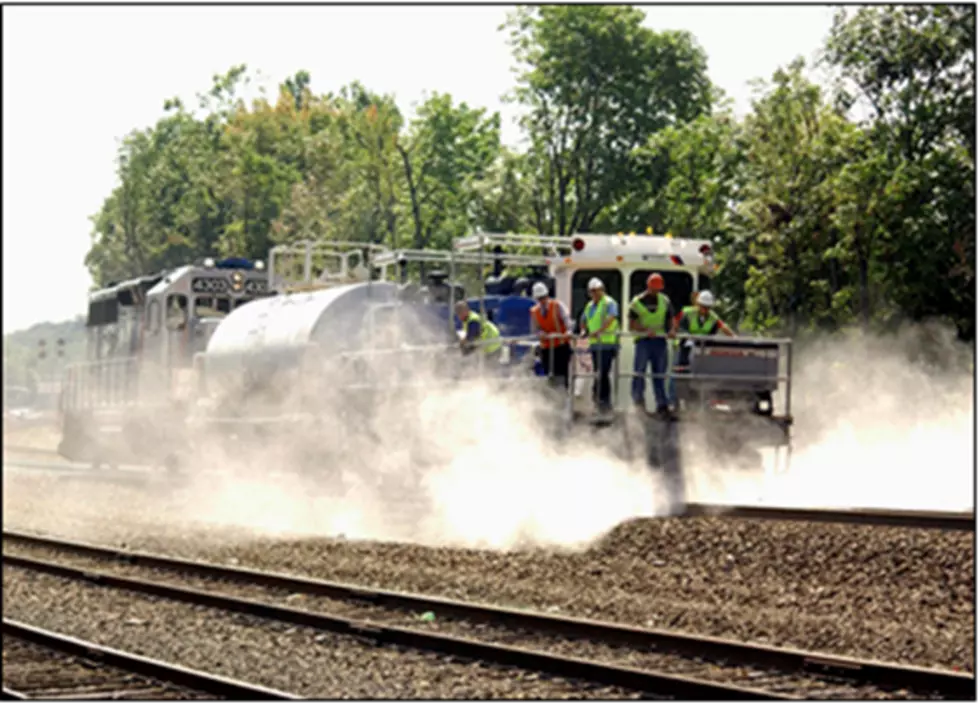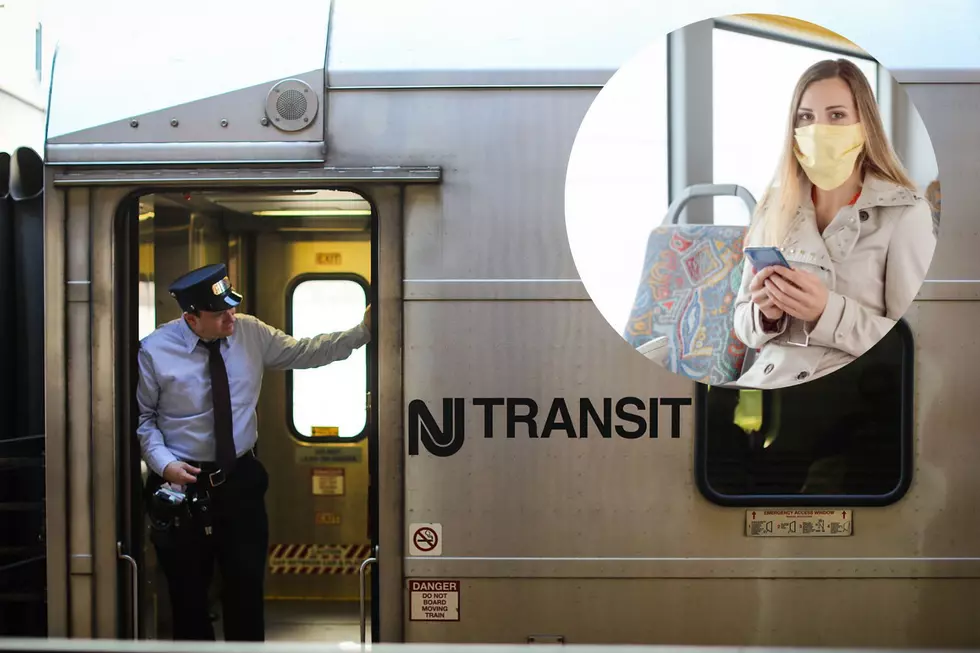
Autumn leaves can mess up your NJ Transit commute
You might not realize it but falling leaves have been creating a problem for railroads ever since trains have been running along tracks in the Garden State.
And with a drier than normal summer, leaves are already starting to fall off of trees in many parts of Jersey, so NJ Transit is gearing up to handle the situation a bit on the early side.
“The problem really occurs when the leaves start to decay and when they start to break down they can create a oily residue that will coat the rails and that will cause poor traction for the trains,” said Jim Smith, an NJ Transit spokesman.
He said when this slippery rail condition occurs, “the wheels of the train will actually be slipping as the train tries to accelerate or as it tries to brake, so that can be a safety issue.”
Trains that aren’t starting and stopping properly can also cause delays across the entire NJ Transit system.
Smith pointed out NJ Transit maintains an active tree-trimming schedule to minimize the number of leaves from deciduous trees that may fall on the tracks, but they also have a specialized piece of equipment known as an Aqua Track at the ready.
“It looks like a rail car but it’s an oversized power washer, so it’ll move down the tracks with water shooting down directly onto the rails at a very, very, very high pressure,” he said. “That will wipe clean all of the oils from those decaying leaves.”
Introduced in 2003, Aqua Track is pulled along different rail routes by a diesel locomotive, and it features two pump units that dispense water at 20,000 pounds-per-square-inch, firing out 17 gallons of water per minute directly onto the tracks.
He pointed out in addition to Aqua Track, “we also have what are known as sand trains, where we’ll have trained go out ahead of peak period trains to put down some sand onto the tracks, and that also helps to increase the traction.”
Smith explained sand trains are deployed in areas where there are steeper hills, like in Glen Ridge on the Montclair Boonton line, and in Summit on the Morris and Essex lines.
“When leaves start accumulating on train tracks, they’ll bring out the Aqua Track. It’s part of our routine maintenance and we’ll use it as needed."
Aqua Track will run on different tracks wherever leaf buildup is a problem, day and night, until the leaves stop falling, usually into late November or mid December.
Also on New Jersey 101.5:
More From New Jersey 101.5 FM









